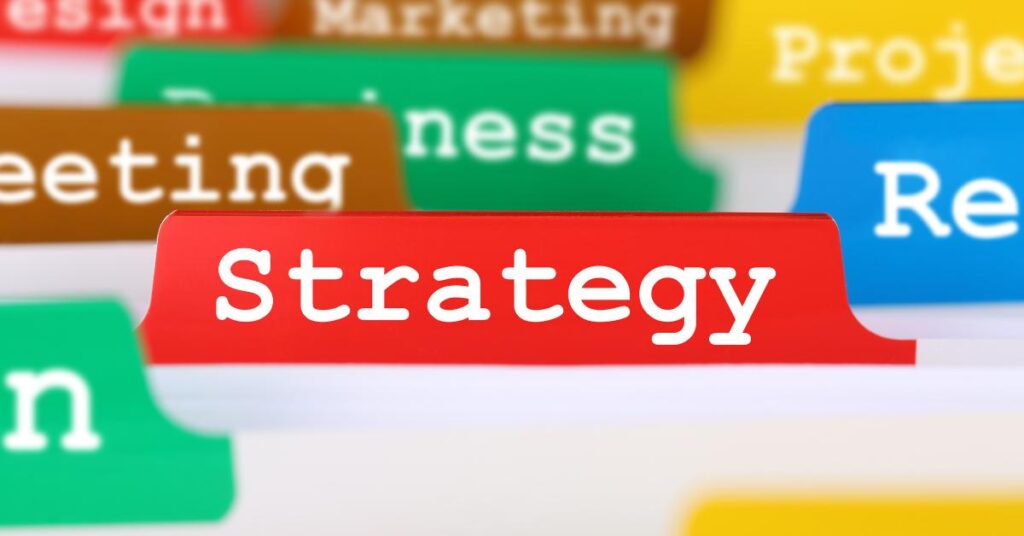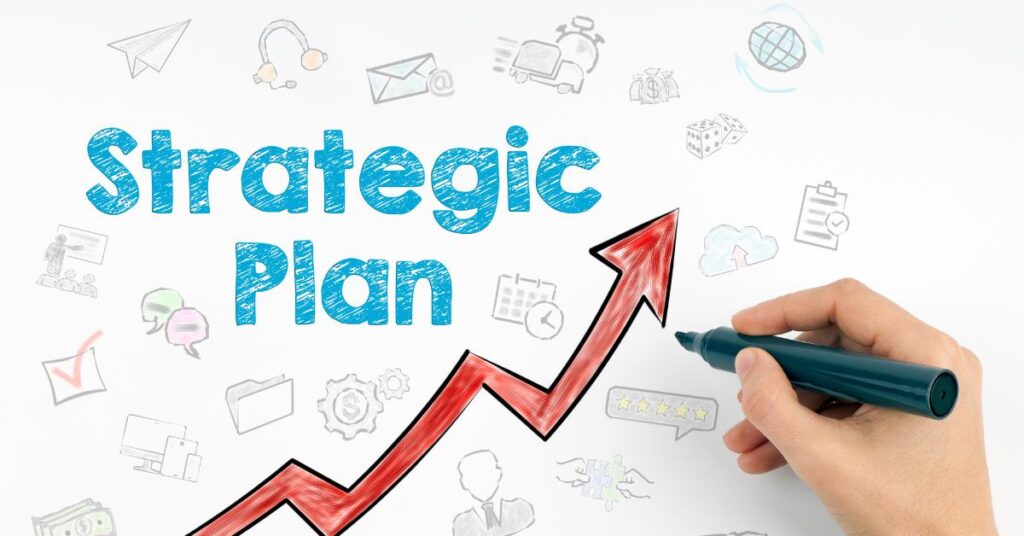Executive Coaching
Our coaching sessions have helped clients navigate challenging situations, identify limiting beliefs, and develop strategies to achieve their goals.

What Is Executive Coaching?
Executive coaching is a personalized and collaborative process between a coach and an executive with the aim of achieving specific goals, improving leadership skills, and enhancing overall performance.
The coaching process involves a series of one-on-one sessions where the coach guides the executive through a self-reflective process to gain a deeper understanding of their strengths, weaknesses, and areas of improvement. The coach then works with the executive to create an action plan that aligns with their goals and values and focuses on specific behaviors and skills that need to be developed or refined. Executive coaching may also involve assessments, feedback, and ongoing support to ensure that the executive is making progress toward their goals.

Why Hire an Executive Coach?
Hiring an executive coach can provide numerous benefits for leaders and executives seeking to improve their performance and achieve their goals. An executive coach can help executives identify their strengths and weaknesses, develop leadership skills, enhance communication and interpersonal skills, and build a better understanding of their organization’s culture and dynamics.
The type of executive or leader who may benefit from executive coaching includes individuals who are looking to develop their leadership skills, manage stress and change, enhance their communication abilities, build more productive relationships with their colleagues, and navigate complex organizational dynamics. Additionally, executives who are new to their role or are leading a team or organization through a significant transformation may also benefit greatly from working with an executive coach.
What Are the Benefits of Executive Coaching?
Strengthened Leadership Skills
Through executive coaching, clients can learn a variety of leadership skills that can improve their decision-making abilities and communication with their employees.
For instance, clients can learn how to inspire and motivate their team members, delegate responsibilities, and build effective relationships. Additionally, executive coaching can help clients understand their personal leadership style, strengths, and weaknesses, allowing them to make more informed decisions and communicate more effectively with their employees.
Tangible Goals and Milestones
With the help of an executive coach, clients can learn how to set clear and achievable goals, create action plans, and identify potential roadblocks or obstacles. They can also learn how to prioritize tasks, delegate responsibilities, and manage their time effectively to ensure they are making progress toward their goals.
Self-Awareness
Through executive coaching, clients can gain a deeper understanding of their strengths and weaknesses and learn how to utilize them effectively. One approach to gaining this self-awareness is through assessments such as the Enneagram or other personality tests. These assessments can help clients identify their natural tendencies, strengths, and areas for improvement, which can then be used to guide the coaching process.
Motivation
Executive coaches can serve as a source of inspiration and motivation for their clients by providing them with the support and encouragement they need to achieve their goals. The coaching relationship is built on trust, respect, and a shared commitment to personal and professional growth. This can be especially valuable for entrepreneurs and business owners who may feel isolated or overwhelmed at times.
Overall, the support and guidance provided by an executive coach can be instrumental in helping clients overcome obstacles, build resilience, and achieve their full potential.
Accountability
An executive coach can serve as an accountability partner for executives by providing a safe and supportive space for them to reflect on their goals, progress, and challenges.
Executives often have significant responsibility and autonomy, which can make it challenging to stay on track with their goals and commitments. An executive coach can help by holding clients accountable for their progress and providing regular check-ins to assess their progress. This can be especially valuable for executives who may not have many peers or colleagues who can hold them accountable for their actions.

Our Executive Coaching Services
At the Barzel Group, we believe in the importance of creating individualized plans for each client based on their unique needs and goals. The coaching process begins with a discovery session, where we get to know the client and their specific challenges, goals, and aspirations. We then work with the client to create a tailored coaching plan. Throughout the coaching process, we use various tools and techniques to support the client in achieving their goals, such as assessments, feedback, and goal-setting.
Why Choose the Barzel Group?
We have had the privilege of working with individuals from various industries and backgrounds. Our facilitators have seen our clients transform their lives in significant ways, such as improving their leadership skills, increasing their emotional intelligence, and finding a better work-life balance.
Schedule Your First Session
If you’d like to visit for a complimentary coaching discovery session, each out to our team.

See What Our Clients Have Said
Additional Services
Creating a LifePlan™
The Barzel Group’s LifePlan services help executives align their personal and professional goals and create a roadmap for a fulfilling and purpose-driven life.
Strategic Planning
The Barzel Group’s Strategic Planning service guides organizations in crafting actionable plans to achieve clarity, alignment, and long-term success.
More Resources
Hiring & Working with a Strategic Planning Consultant
An effective relationship with a strategic planning consultant will help your organization improve productivity, reach long-term goals, and minimize risks.
What Is Team Building in the Workplace?
What is team building, and how can it improve collaboration and communication in your workplace? We have activities and goals to improve your team cohesion.
How to Write a Strategic Plan
Running a successful business is no small feat. It requires a clear vision, a well-defined roadmap, and the ability to adapt to a rapidly changing landscape. That’s where a strategic plan comes in. It serves as a compass, guiding organizations toward their goals and helping them navigate the complexities of the business world. However, for…







